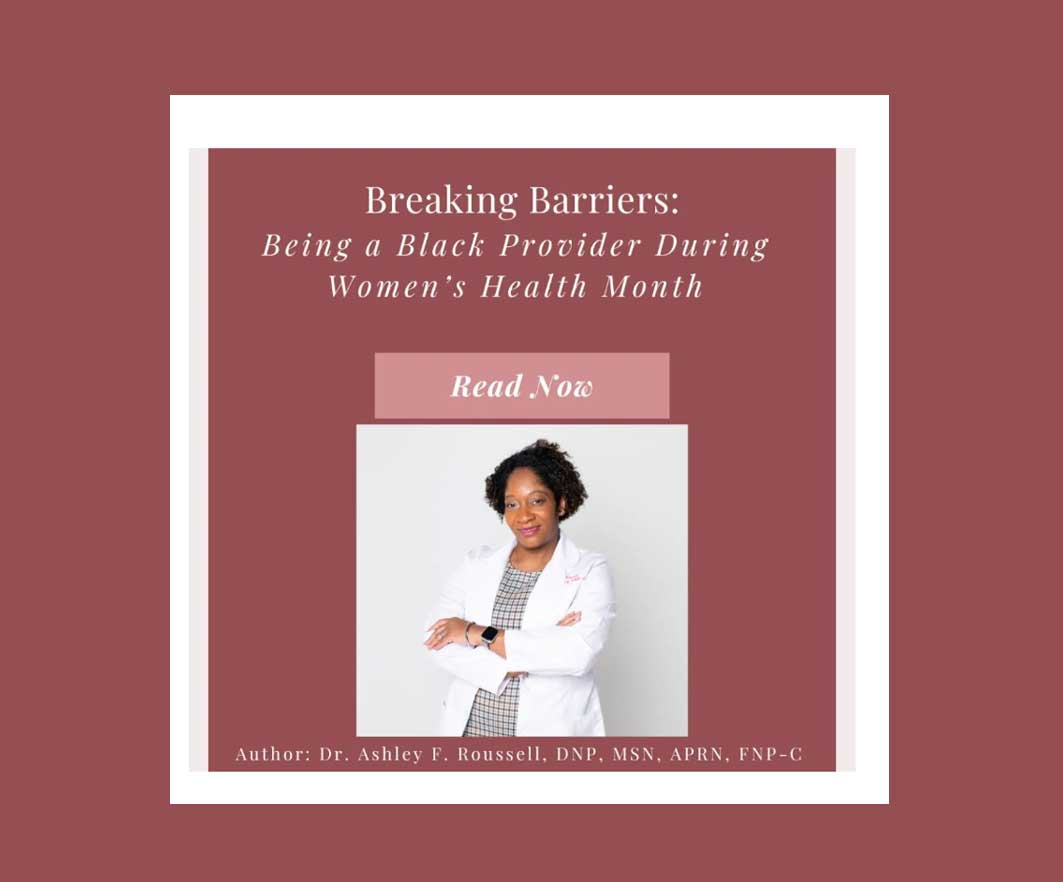For too long, women-especially Black women, have faced disparities in healthcare access, treatment, and outcomes.
The statistics are sobering: black women are three times more likely to die from pregnancy-related causes than their white counterparts, and they often experience delayed diagnoses in conditions like breast cancer, fibroids, and cardiovascular disease. These inequities are not just numbers; they represent real lives and real families impacted by gaps in our healthcare system.
As a Black provider, I bring cultural competence and a deep understanding of the unique health challenges faced by women of color. I strive to create a space where women feel heard, respected, and empowered to take charge of their health without fear of dismissal or bias.
Addressing the Disparities
Women’s Health Month is a time to highlight proactive measures that can improve health outcomes for all women, but especially those in marginalized communities. Preventative care is key-whether through routine screenings, well-woman exams, or open conversations about reproductive health. Encouraging early intervention and educating women about their bodies can be life-saving.
Additionally, breaking down barriers means advocating for better policies and ensuring that women have access to affordable and quality healthcare services. As providers, we must also work to rebuild trust in the medical system, particularly for communities that have been historically overlooked.
A Personal Commitment
Being a Black provider during Women’s Health Month is more than just a professional role; it is a personal mission. I am committed to addressing health disparities, advocating for my patients, and uplifting the voices of Black women in medicine. Every patient I see is a reminder of why representation in healthcare is crucial.
This month, I encourage all women to prioritize their health. Schedule that overdue check-up, ask questions, and advocate for yourself in medical settings. And to my fellow healthcare professionals-let’s continue to work toward a more equitable healthcare system where every woman receives the care she deserves.
Let’s continue the conversation. What topics would you like to see highlighted in women’s health? Drop your thoughts in the comments below!

